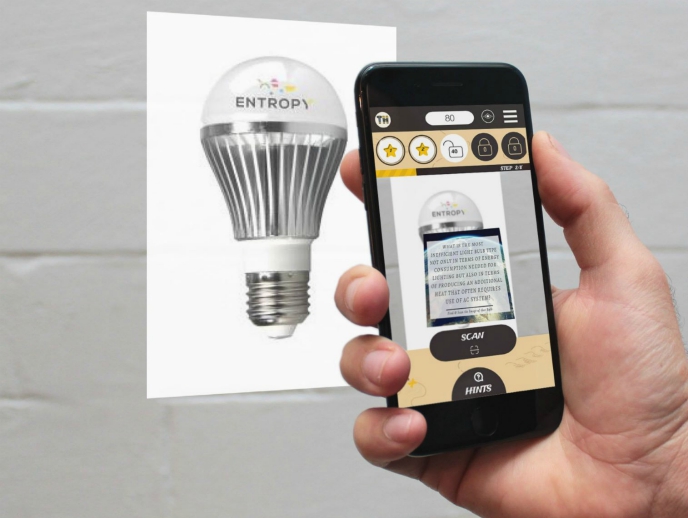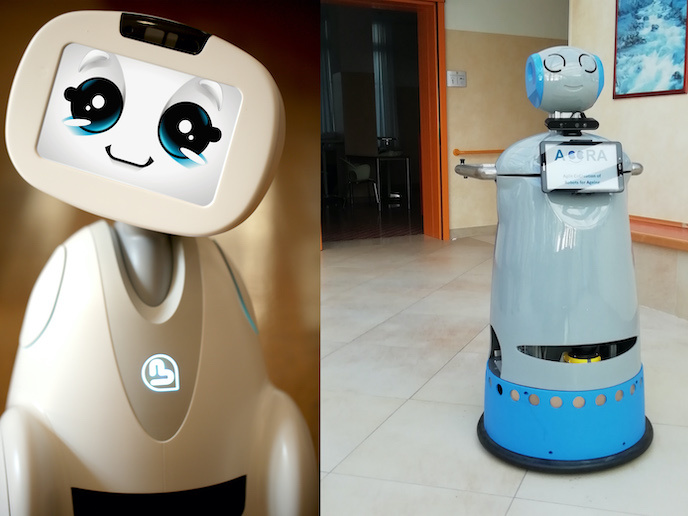A collaborative effort to advance technology-based healthcare
With Europe's elderly population increasing steadily in numbers, health challenges must be anticipated for their impact on individuals and society. In this context, there is a widespread move to leverage the benefits of technology-based healthcare delivery – termed mHealth. While WSNs are the key enabling technology for healthcare provisioning, there are many technical issues that must be resolved before exploiting their potential for integrated mHealth applications. To help address this situation, the project WSN4QOL (Secure location-aware cooperative network-coded WSNs for better quality of life) worked to close the gap between academia and industry. The collaborative effort worked to apply academic-based research to practical and industry-led solutions specific to healthcare. The project's key application scenario focused on the collection of multiple physiological data from a patient and their delivery to a central control unit for processing and integration with medical-related software applications. Specifically, medical sensors inside or on a patient are interconnected through a short-range wireless technology, forming a Wireless Body Area Network (WBAN). Sensory data are collected by a gateway node and forwarded to a remote medical server through an ambient WSN. The scenario was extended to include multiple patients (and thus multiple WBANs) and patient localisation and tracking by exploiting context-aware information provided by the ambient WSN deployment. The project's research programme covered a wide range of communication technologies, supporting contributions from the researchers' respective areas. These include design of energy-efficient medium access control protocols with energy harvesting capabilities and development of security algorithms to ensure medical information remains confidential. Regarding implementation of the algorithms and solutions in real test beds and their incorporation in real medical devices, WSN4QOL performed tests in a real use case: a smart house supporting independent living for people with Down syndrome. The prototype successfully measured biometric data and wirelessly reported them, confirming proper implementation as well as good solution performance in the project's targeted scenarios. WSN4QOL established a fully integrated and multidisciplinary programme for developing WSN technologies for pervasive healthcare applications. The project's proposed solutions are slated to have significant socioeconomic impact by improving the quality of life of older adults and their caregivers and through significant savings on healthcare costs.







